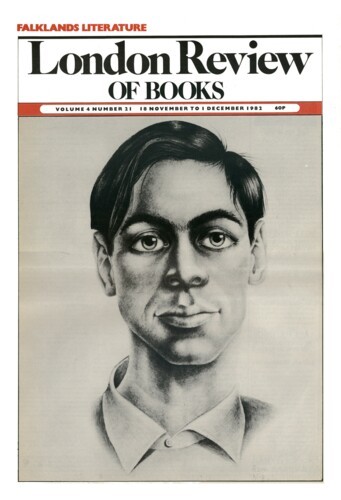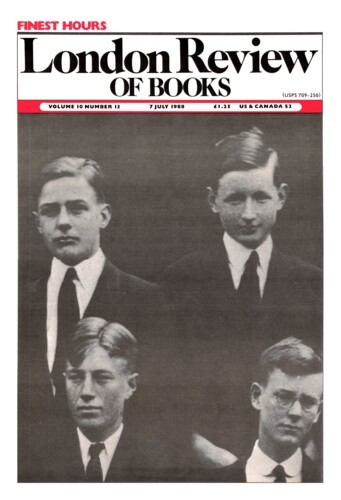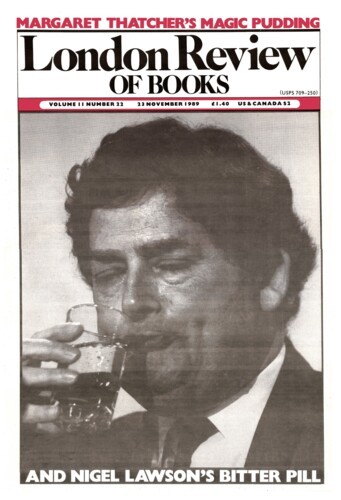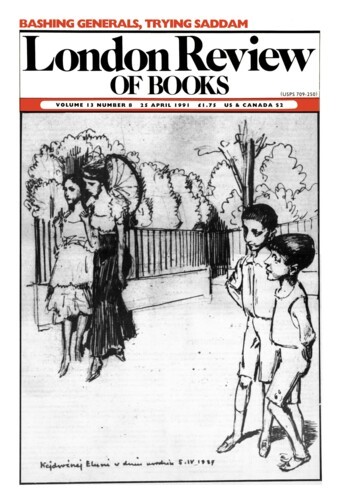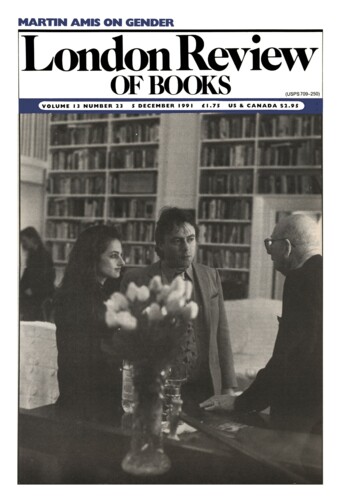Really fantastic
A.D. Nuttall, 18 November 1982
If Christine Brooke-Rose had stayed in Oxford, instead of migrating to France, she might have been rather like Helen Gardner. Her new book is written with a crispness and a briskness which at once evokes a certain atmosphere: a highly intelligent unresponsiveness to theory, a fear of subjectivity (she even recalls, with obvious relish, her Oxford tutor’s phrase for mere criticism, ‘personal effusions’). But this manner is overlaid by a thick stratum of French theory and French taste. Professor Brooke-Rose knows all about and uses the writings of Barthes, Todorov, Genette and Hamon, and takes pleasure in applying chill taxonomies to racy American Science Fiction (Vonnegut, McElroy). The resulting mixture is heady stuff, but not very satisfying.
